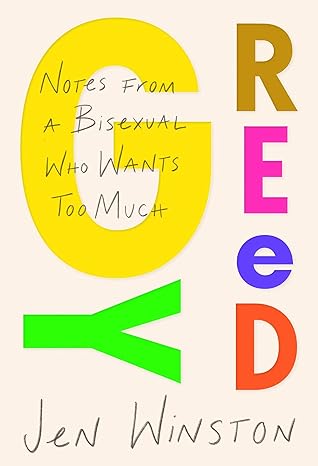More on this book
Community
Kindle Notes & Highlights
blogger Erin McKean’s quote: “You don’t owe prettiness to anyone… pretty is not a rent you pay for occupying a space marked ‘female.’ ”
in the words of a Bratz-themed meme I once saw, “I’m a communist with a shopping addiction.”
I found inspiration from everyone there, but always felt guilty about this—why look up to someone for being themselves when being themselves shouldn’t have been a challenge to begin with?
I started thinking, hard, about my own sexuality—I felt compelled to act on it, to honor the little voice inside me that said I might be hiding something.
I exorcise best when I exercise, so I decide to sweat him out.
Over a decade later, when we gain the vocabulary to describe our traumas, we still rarely use the r-word—it feels so dramatic, a term that doesn’t (or couldn’t) apply to us.
In our late twenties, we manage to confront our own histories and find our rage, but soon realize our anger exists less because of the horrors themselves and more because of their mundanity. By this point we’ve tolerated and accepted the fact that “not okay” things happen every day.
“Bisexual” is another word that feels dramatic—we’re not sure if we deserve it.
yet, were one to actually read many of these books, one might reach the conclusion that there is no anti-racist stasis within reach of a lifetime.
If we can shed the weight of individualism, we can achieve so much more than assimilation.
The True Love industrial complex feeds us grandiose dreams to occupy our dainty brains, hopeful that wedding planning will distract from thoughts of uprising and masturbation.
When I say Queer Love, I mean love that makes its own rules. Love that exists without borders and thrives without clean lines. Love that creates more space than it takes up.X
But you realize why you continually dismissed your queerness—why, when the notification popped up, you chose “remind me tomorrow” every damn time. You did it because owning your sexuality is hard. Period. And though you’ve been queer all along, loving Brinley means living that queerness.
Andrea Long Chu writes, “If there is any lesson of gender transition—from the simplest request regarding pronouns to the most invasive surgeries—it’s that gender is something other people have to give you. Gender exists, if it is to exist at all, only in the structural generosity of strangers.”
What I do know is that embracing my womanhood makes me feel like a rock star—a left-of-center rebel whose existence is radical enough.
The film points out that in Western countries, being “a man” usually means three things: (1) be athletic, (2) have sex with women, and (3) make lots of money. But what if you’re a poor man, or a fat man, or a nervous wreck like my dad? Are you still a man? Who gets to decide?


